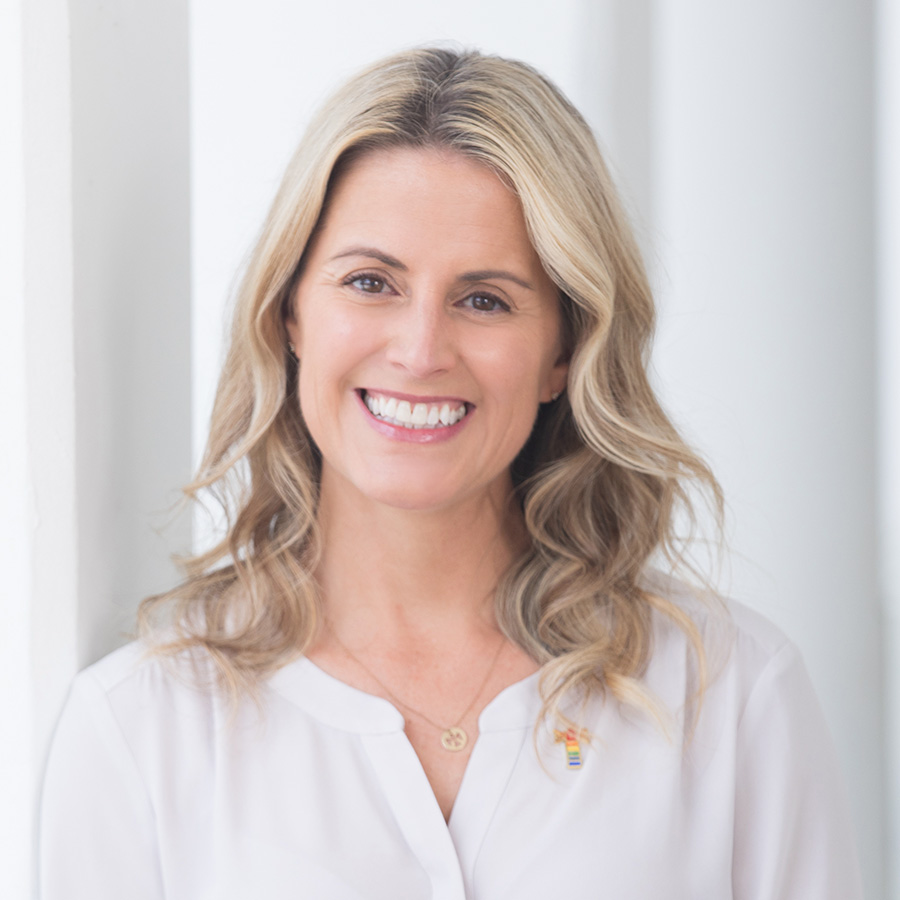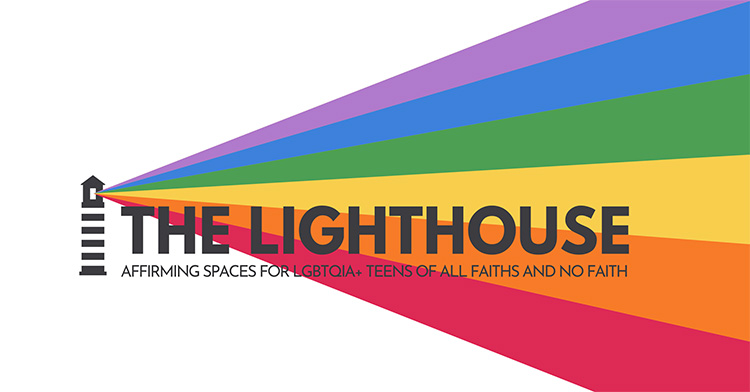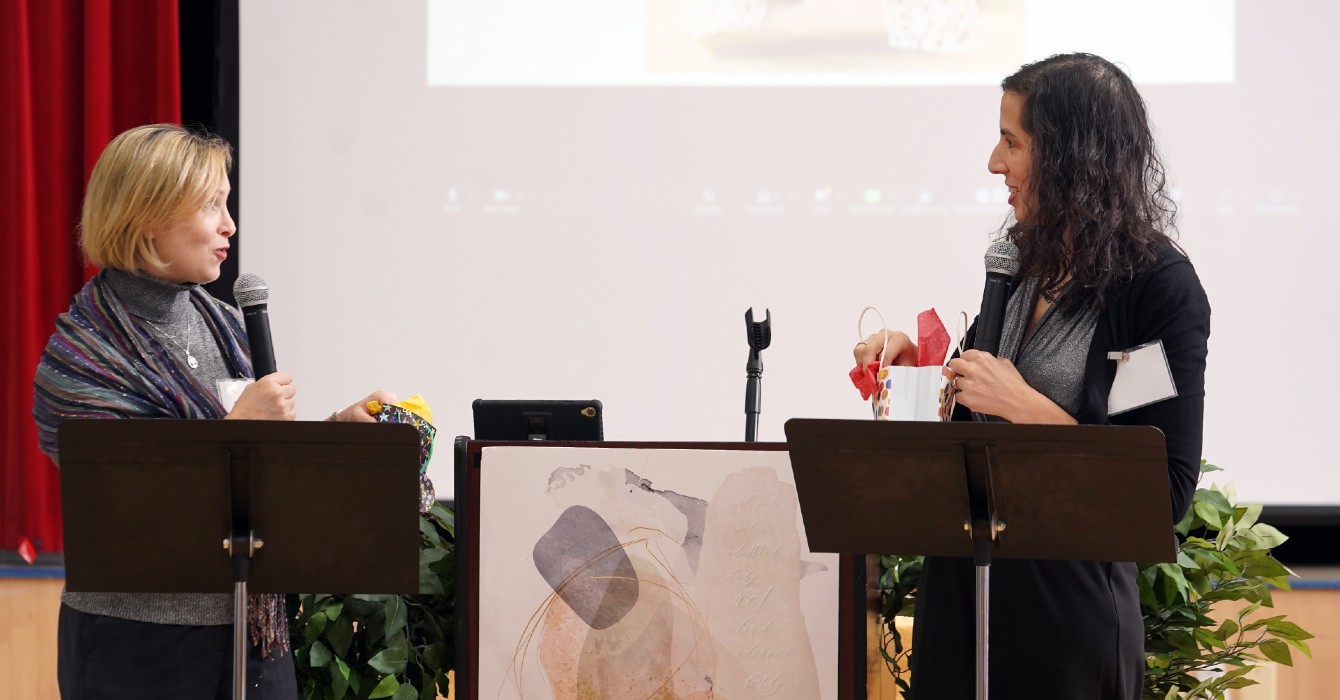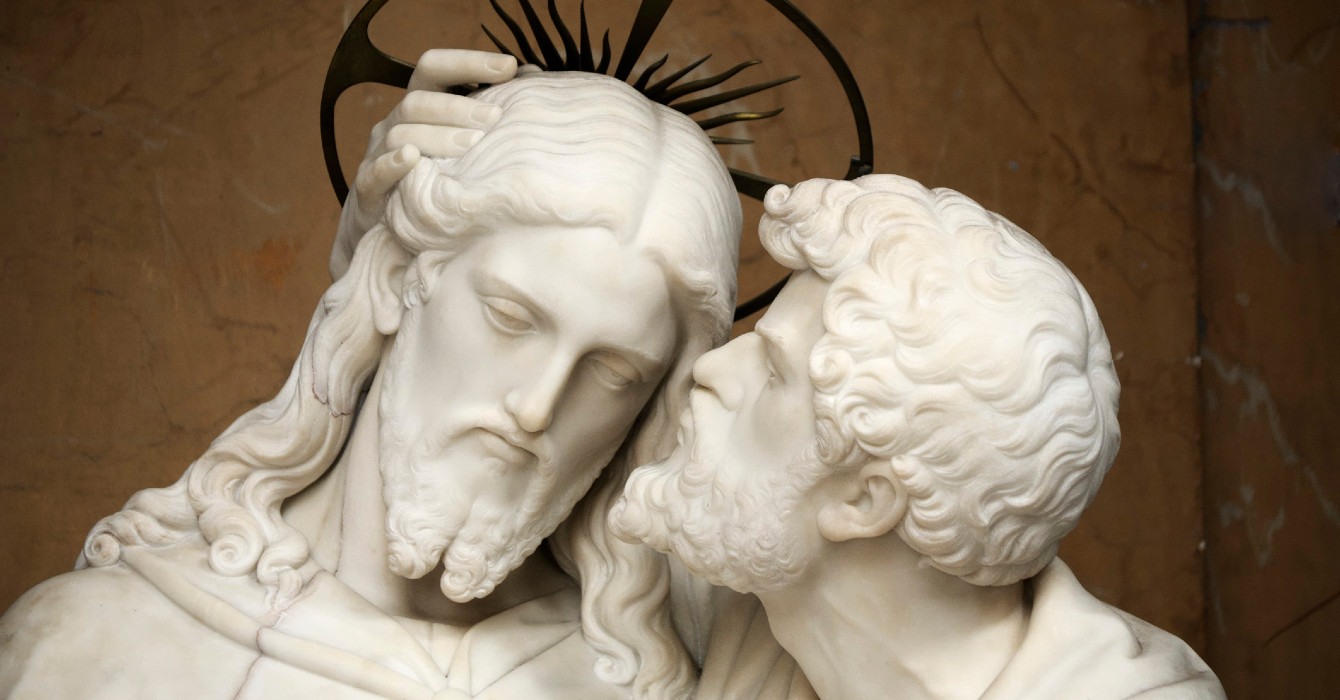I don’t know Kenda Creasy Dean personally. In her photos, the Princeton Seminary professor looks downright joyful, bubbly, hopeful. I understand she’s a cool, delightful person. But her book, “Almost Christian,” has plunged me into a very dark mood.
She’s absolutely right in her assessments, that a mild, trivial kind of religiosity passes itself off as Christianity. I might rank the value of well-conceived mission trips higher than Dean would, but the colossal failure of the church to achieve something better than Moralistic Therapeutic Deism has me in a tailspin.
I knew it all along, but somehow “Almost Christian” feels like the death sentence I knew was coming while pretending all was well. My gloom is partly that gnawing sense of professional failure: the congregations I have served have quite nimbly churned out huge numbers of Moralistic Therapeutic Deists. Shame on me, and the people I’ve hired, volunteers and parents.
But what really makes me shiver about “Almost Christian” has to do with my own children. I am a pastor and theologian -- and I am a father. The way the proverbial PKs come to faith (or don’t) and what kind of faith they have must be inscrutably complex. Christian formation is dicey enough, but when the preacher/teacher/liturgist is dad, the one from whom the child is individuating, the one who nags or cajoles about homework, the one whose foibles are entirely exposed at home . . . I shudder at these thoughts.
As much as I care about the teenagers in my congregation, and the grownups who now are ex-teenagers who were formerly under my care, I have a far larger responsibility for (and passion about) my own three children. Are they “almost” Christian? Or robustly Christian? Or Christian at all?
My oldest, who has strangely found her way to seminary, seems almost embarrassingly well-formed theologically. But I can’t for a minute believe it came from the hip fun of youth group or from dad’s sizzling sermons. My middle child doesn’t say much of anything about the things of God -- but then she doesn’t say much of anything about anything at all, so I’m unsure if she’s not into God or simply taciturn. My youngest in some ways looks and acts a lot like a Moralistic Therapeutic Deist – but he probably doesn’t know himself how it all will come out.
I’m pondering these things here to prompt a conversation among those of us who lead. We probably all realize the peculiar twist our faith leading puts on the lives of those we love the most. Are we responsible to get at least our own children into the kingdom of God? Or do they get a special pass if they aren’t very well formed precisely because mom or dad is the leader? Do we shape organizations for the sake of our own families? Or recoil against their failure precisely because they let those we love the most down?
James Howell is senior pastor of Myers Park United Methodist Church in Charlotte, NC.














